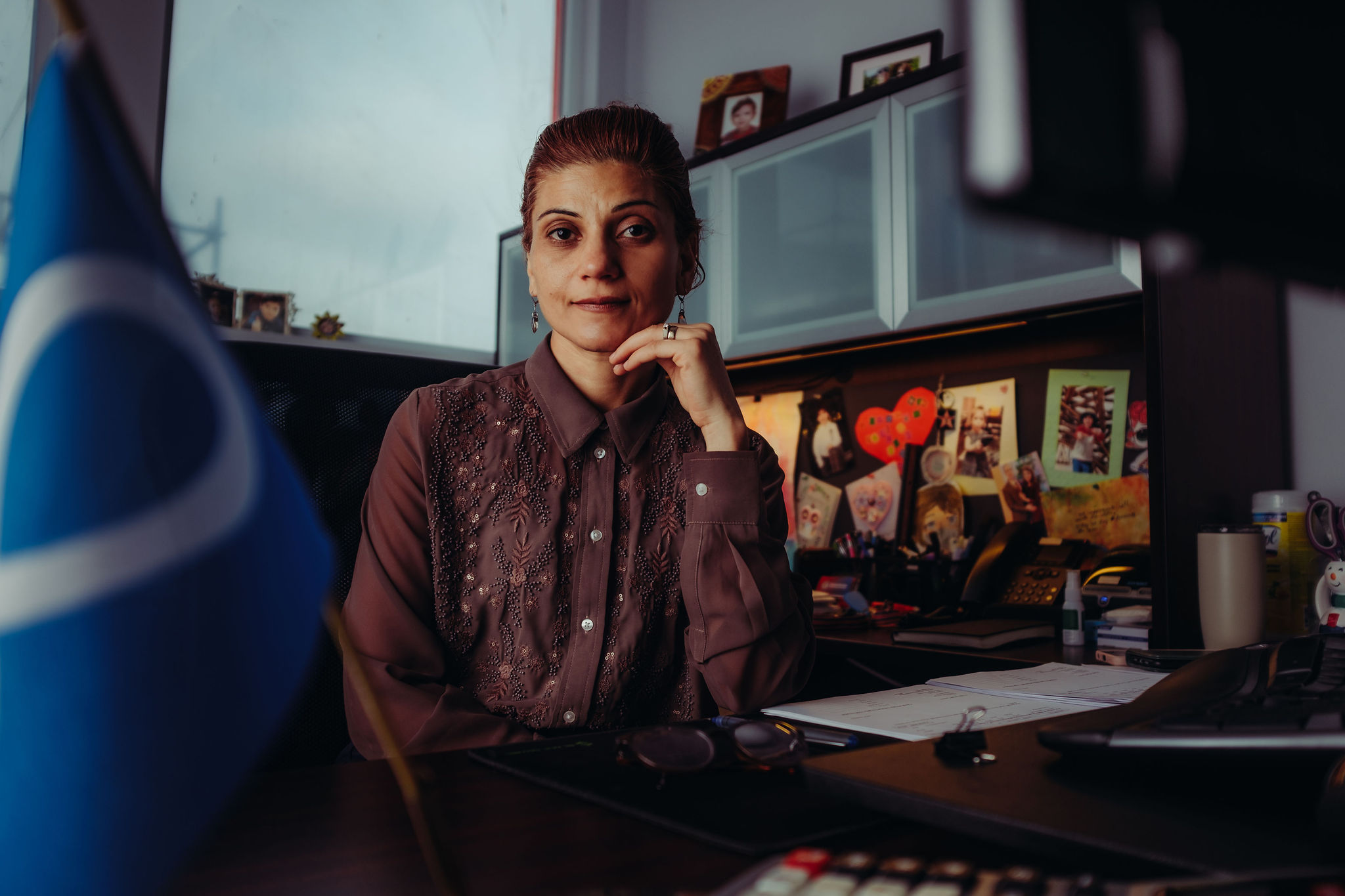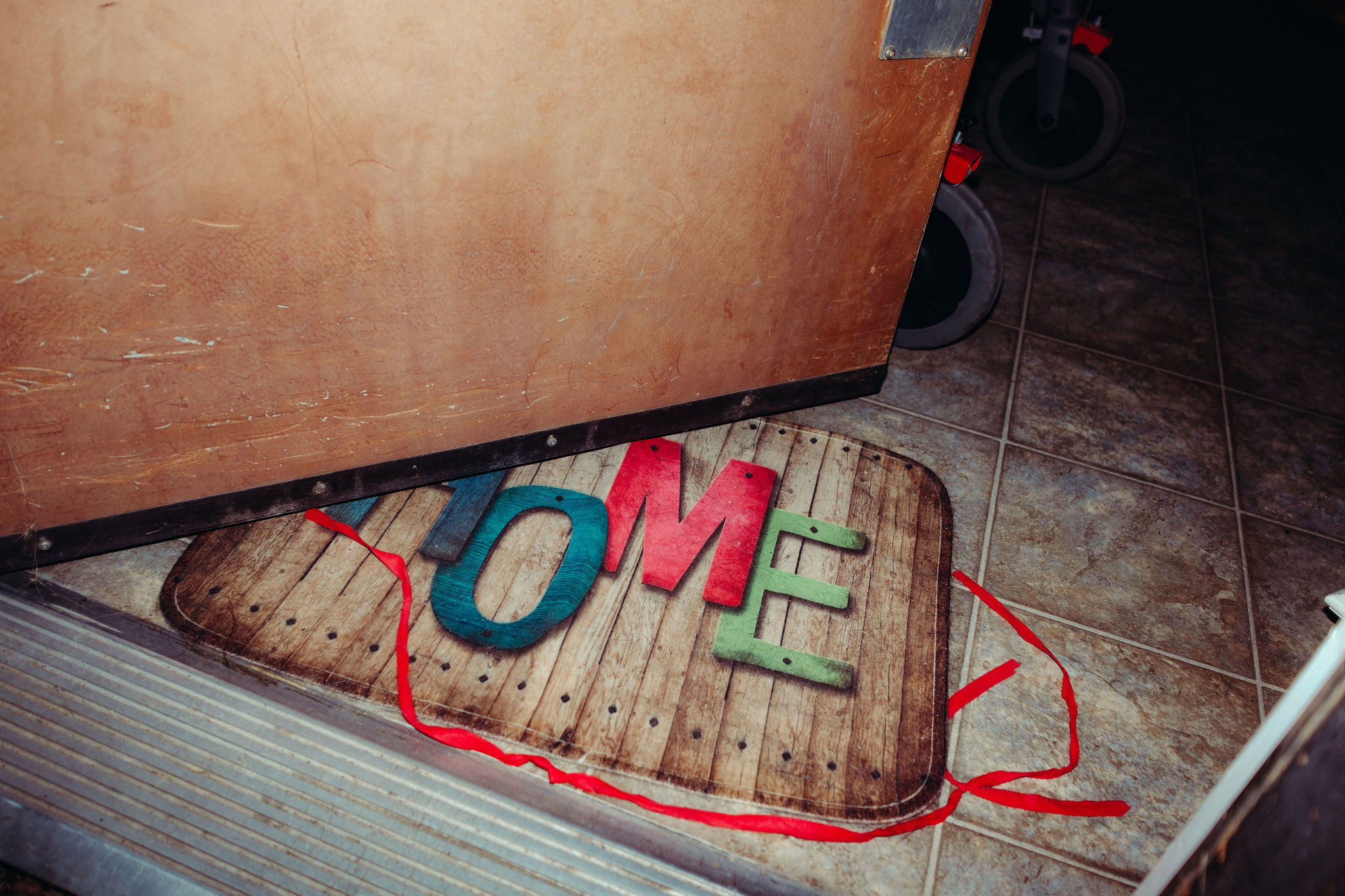This is one of 12 interviews conducted with various Edmontonians about their experience with the housing system. It has been edited for clarity and length. Read more about why and how Taproot embarked on this series.
Bindu Bonneau is the senior director of operations at Métis Housing, a not-for-profit that provides affordable housing to Métis and other Indigenous people in Alberta, with almost 900 affordable housing units in 13 urban locations. Bonneau immigrated to Canada from India in 2010 and is certified as a Chartered Professional Accountant. She has worked with Métis Urban Housing Corporation and Métis Capital Housing Corporation (Métis Housing) since 2012.
Can you tell us what role Métis Housing plays in the housing ecosystem now?
Métis Capital Housing provides affordable housing, which is 20% below market. We call it 20% below market, but in various locations, we are even 30% or 40% below market, whereas Métis Urban Housing offers subsidized housing to Indigenous peoples in Alberta. We are not only providing affordable housing to Indigenous Albertans but also offer several housing-related programs and services to Métis people in Alberta. Currently, we operate 830 properties across Alberta, and building new homes to meet the needs of Indigenous people.
Can you share a story of a program you consider to be a success?
Yes, until October 2023 we operated the Family Reunification Program, which was transferred to our parent organization in late 2023. This program supported Indigenous families whose children are in government care not with only housing but various wrap-around services which are key to a successful housing experience. We brought such families together and worked intensely with the parents for between 12 to 18 months, where we provided them with support and services, including workshops, mental health support, or treatment services. Based on the need, some families were in the program for longer periods. Our success rate was over 75%. As I said, the program is now run by the Métis Nation of Alberta. This program is expanding as the need for it expands.
You immigrated to Canada in 2010. What kind of differences did you notice between India and Canada?
I came to Canada in April 2010. At that time my whole vision of Canada was that it was going to be amazing because it's a developed country. What I had learned in school is that Canada had all the amenities, they had all the infrastructure in place, and people lived in prosperity. But when I came here, I struggled with finding a job. Anywhere I went, people said, "You don't have Canadian experience," so they could not give me a job. So that was a bit of a surprise to me.
We didn't have any type of NIMBYism in my community in India. I grew up in a community where there were beautiful homes, and in the corner, we had people living in their shelters, but they were just part of the community. Those families worked in neighbouring homes and earned their living. We never thought they should not have their homes there. But here in Canada and working with Métis Housing, whenever we applied for any new housing development, we saw pushback, you know, that Indigenous housing should not be built there, so that was a bit of a surprise to me in the beginning.
What kind of things have you had to learn in your current role?
I didn't know enough about Indigenous history and all the trauma Indigenous people have gone through. When I was developing programs, their first question was "What do you know about our challenges? You are not Indigenous; you don't understand it." When I heard that the first time, it made me sad and made me feel that I wasn't enough, but those moments and feelings challenged me to improve my approach. I didn't think I needed to be Indigenous, Sikh, or Christian to know or understand what a human being needs. So I thought, "OK, I'm not doing something right. What else do I need to do to gain trust?" So, I tried to earn their confidence by having conversations, and by doing the things I said I would do to enhance the housing landscape for Indigenous people. So that's how I made progress and have been able to do the things I have. We conducted assessments, and we have done community engagements and community gatherings. We discussed face-to-face with people about their challenges.
My experience coming to Canada, the challenges involved in having to redo my certification by completing six courses, and experiencing racism working in the Superstore and NAIT cafeteria, made me, I think, able to understand a little bit more about the challenges Indigenous people face. They have gone through racism, they have gone through the feeling that they are not enough. So, I try to use those feelings and experiences positively. I'm grateful to have all these experiences, even though they appear hurtful. I think they made me realize that yes, it is a developed country, but there is a lot more to develop.
You mentioned that somebody you had helped came to your defence on social media, pointing out that your husband is Métis.
Yes, he has a Métis connection from his father's side, but he didn't receive his Métis identity until after we got married. They don't talk much about their historical background. I know there is some pain, some grief. My husband's father told me one time that if you're applying for a Métis citizenship, do not expect any resources, leave it for people who need those resources.
So, on social media, someone was pointing out that I am not Indigenous, what do I know about their housing-related challenges? Someone commented, "But her husband is Métis." It was a bittersweet moment.
What makes you get up in the morning and want to take on this type of work?
This is intense work, progress is slow, but every bit of progress is meaningful. It takes time to connect with our clients, and some people can't be helped. We debrief all the time, and we know there's always room for improvement. I know that my responsibilities are limitless. I believe in Sadhguru's saying that "I'm a mother to the Earth." To me, it means if something needs to be done, you should take step, and make it happen, and don't tell me that it's not my job.
This interview was conducted on March 22, 2024.


